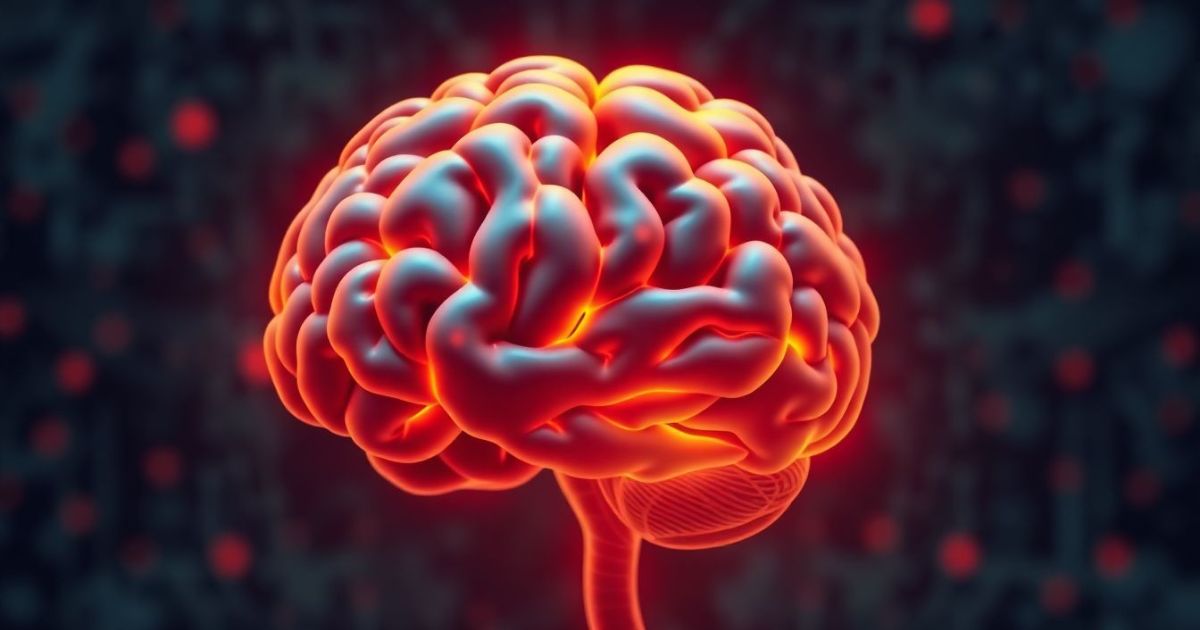Sleep is not merely a period of rest—it’s an active process where our brains solidify experiences, emotions, and learning into lasting memories. Dreaming, especially during REM sleep, plays a crucial role in this memory consolidation process. In essence, the vivid narratives we experience in our dreams help our brains reprocess and integrate recent events, ultimately enhancing our ability to recall information later.

Key Takeaways
- REM Sleep and Memory: REM sleep, which accounts for about 20–25% of total sleep time, is critical for consolidating procedural and emotional memories. Source
- Memory Improvement: Studies indicate that individuals with optimal REM sleep show up to a 15–20% improvement in memory recall tasks compared to those with disrupted REM cycles. Source
- Dream Replay: The reactivation of memory traces during dreaming aids in strengthening neural connections, thereby facilitating long-term memory retention.
- Emotional Regulation: Dreaming not only cements factual information but also helps regulate emotional experiences, enabling better coping with stress and emotional challenges.
The Science Behind Memory Consolidation
Memory consolidation is the process by which recent experiences are stabilized into long-term memory. During sleep, the brain replays and reorganizes information from the day, a phenomenon supported by decades of research. This consolidation involves two main types of memory:
- Declarative Memory: Facts and events are strengthened during slow-wave sleep.
- Procedural Memory: Skills and habits are refined during REM sleep.
Studies have shown that after a full night’s sleep, individuals can recall up to 20% more information than when sleep-deprived. Source
Related: Dreaming in Virtual Reality
REM Sleep: The Dream Factory
REM (Rapid Eye Movement) sleep is the stage most associated with vivid dreaming. During REM sleep, the brain exhibits heightened activity similar to wakefulness, yet the body remains paralyzed—a state that enables uninterrupted dreaming. Research shows that:
- REM sleep comprises roughly 20–25% of total sleep.
- This phase is integral for consolidating emotional and procedural memories.
Statistically, individuals experiencing uninterrupted REM sleep perform 15–20% better on memory tasks compared to those with fragmented REM sleep. Source
How Dreaming Enhances Memory
Dreaming appears to function as a kind of “rehearsal” for the brain:
Get instant dream insights with our Free Dream Interpretation App
- Reactivation of Memories: During dreams, the brain replays fragments of daily experiences, reinforcing neural connections.
- Emotional Integration: Dreams help blend emotional experiences with factual memories, leading to more robust memory storage.
- Creative Recombination: The surreal narratives in dreams often recombine elements of past experiences, paving the way for new insights and learning.
For example, a study involving 40 participants revealed that those with detailed dream recall demonstrated significantly better performance in tasks related to creative problem-solving. This suggests that dreaming is not just a passive state but actively contributes to memory enhancement and cognitive flexibility.
Practical Implications for Learning and Well-being
Understanding the link between dreaming and memory consolidation can have real-world benefits:
- Enhanced Learning: Prioritizing quality sleep, particularly REM sleep, may improve academic and professional performance.
- Stress Management: Since dreaming helps process emotions, a good night’s sleep can aid in emotional regulation and stress reduction.
- Therapeutic Applications: In psychotherapy, dream analysis can offer insights into unresolved issues and help individuals process traumatic events.
For students, professionals, and anyone looking to boost cognitive performance, ensuring sufficient, high-quality sleep is essential. Keeping a dream journal may also help individuals track recurring themes, thereby providing clues to both their learning process and emotional state.
Future Directions in Dream Research
Although substantial progress has been made, many questions about the relationship between dreaming and memory consolidation remain:
- Neural Mechanisms: Ongoing research is exploring how specific brain regions interact during dreaming to support memory consolidation.
- Sleep Disorders: Understanding the impact of sleep disorders on memory could lead to better therapeutic interventions.
- Individual Variability: Future studies aim to explore how factors such as age, gender, and lifestyle influence the dream–memory relationship.
Researchers are also investigating whether enhancing certain aspects of sleep can further improve memory consolidation, paving the way for novel cognitive therapies.
Conclusion
Dreaming is far more than a nocturnal amusement—it is a vital process for memory consolidation and emotional regulation. By reactivating and reprocessing daily experiences, dreams help fortify the neural pathways that underpin our long-term memory.
Whether you’re a student, a professional, or simply curious about the mysteries of the mind, understanding the role of dreaming in memory consolidation can offer valuable insights into how we learn, remember, and grow.





